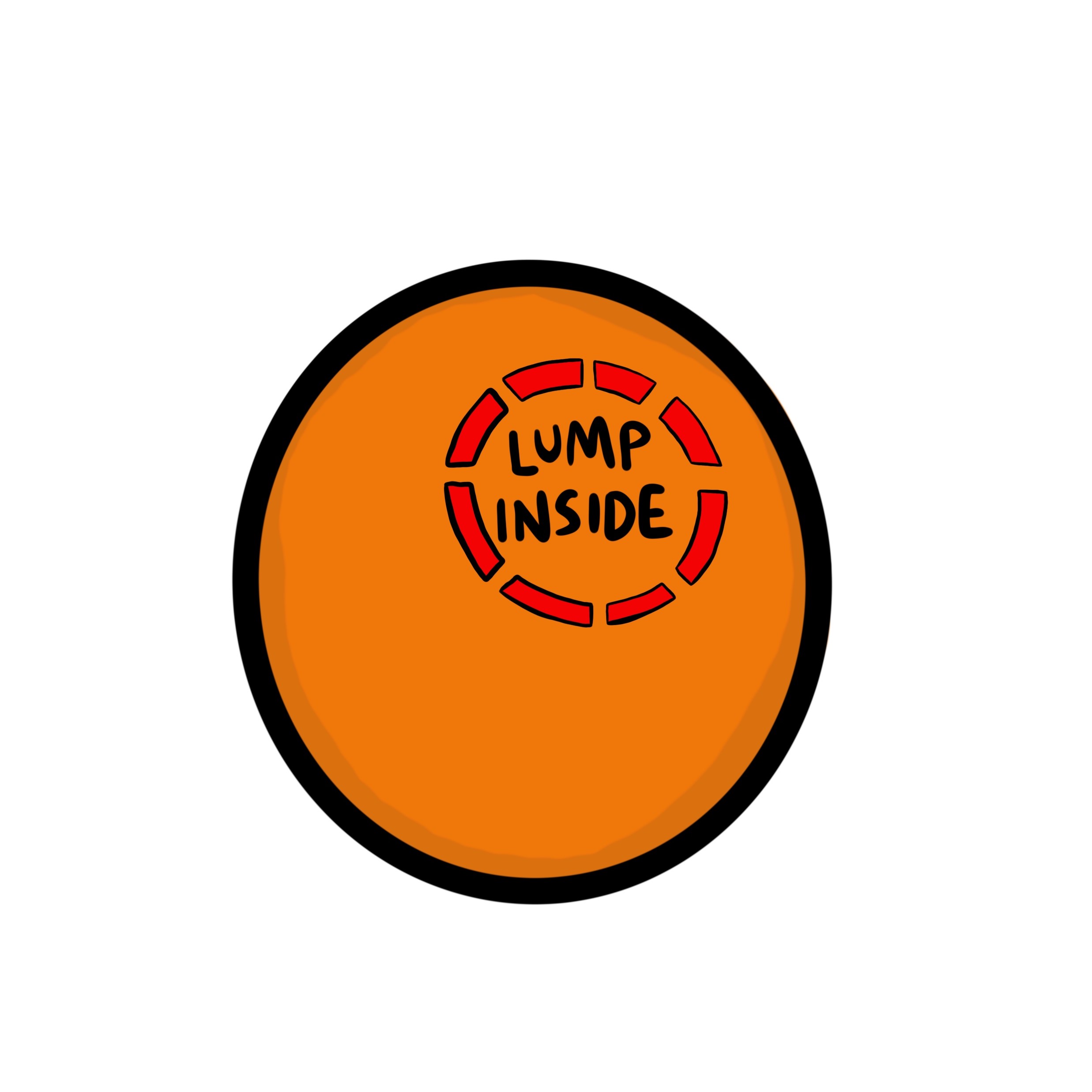Testicular cancer: The life-saving lowdown
You’re about to discover the single most important fact about testicular cancer that you (probably) didn’t know. This fact is good news. You see, in the battle of man vs cancer, we’re all a lot stronger than we might think.
The one stat you should take on board, and never lose sight of, is this:
More than 98% of men who get testicular cancer will be cured.
And if every man reading this page were to follow our advice, then together we’d have the potential to boost the cure rate even more.
Now wouldn’t that be incredible?
Monthly ball-checks – and why you need them
Although most cancers get more common as you get older, testicular cancer is different. It’s most likely to happen when you’re young or middle aged.
Testicular cancer is the most common cancer of 25 to 49-year-old men (but it happens to younger and older guys too).
If you’re male and aged 15+, a simple monthly ball-check will give you the best chance of beating the disease should it ever happen to you. Here’s how to do it:

MONTHLY REMINDER
How to check your balls
- Get to know how your balls look and feel normally.
- Once a month, take a few minutes to check for any changes:
- The best time is after a bath or shower
- Rest your balls in the palm of your hand, and gently roll each one between finger and thumb
If you find something strange, don’t stew over whether it’s serious or not. Go straight to your GP! This will give you the best chance of early diagnosis in the rare event of testicular cancer.
Early diagnosis means:
- Better chance of successful treatment
- Quicker and more straightforward treatment
Remember: Ball problems are usually caused by something much less serious than cancer, but you should never try to figure out what’s wrong without your doctor’s advice.

GET TO KNOW YOUR BALLS
What to look for
It’s normal to have one ball slightly bigger, or hanging slightly lower than the other. That’s why you should get to know what’s normal for you and then look for changes. These could be:




If you think you might have found something, but you’re hesitating at the thought of seeing your doctor, then read this now: Found something?
Found Something?
Worried about a ball problem?
Follow our action plan to get it sorted!